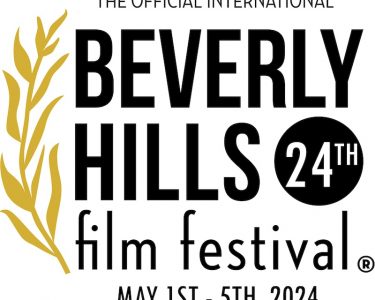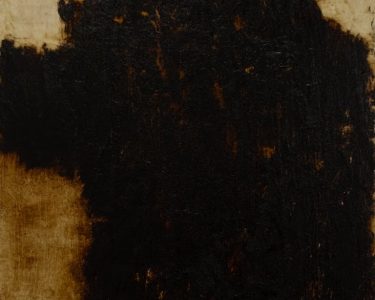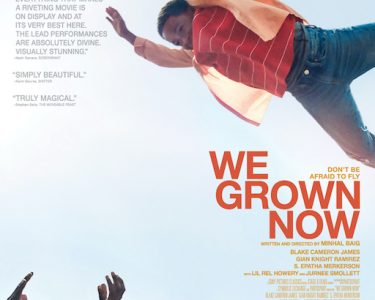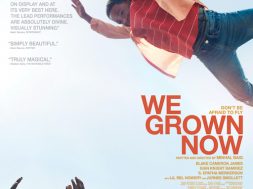KOSHIEN JAPAN’S FIELD OF DREAMS

Reviewed by Ishrat Jahaiara Quazi– Ema Ryan Yamazaki’s Koshien follows a high school baseball team as they try to win Japan’s national high school baseball championship(Koshien) through a lens of the historical and cultural context of baseball’s existence in Japan.

As Japan celebrated its 100th Koshien tournament in 2018, the 2021 documentary begins with introducing Yokohama Hayato High School’s coach, Mizutani, and his team’s journey leading up to the 2018 Koshien. Before I continue, the championship is named after the Hanshin Koshien Stadium. I don’t want you getting confused as you read through the many mentions of the word. There is simultaneous past and present storytelling. So, following the introduction, we’re given some facts on the importance of baseball in Japan. It dives into how baseball came to be in Japan which is something I was unaware of. Baseball was first introduced to Japan in 1872 but the national high school championship didn’t begin until 1918. The single-elimination style tournaments have every male student-athlete fighting with all they got for a chance to step on the holy grounds of Koshien stadium. Japan didn’t have any sort of team sports before baseball. However, Japanese people are serious about sports as it embodies the martial arts culture of life or death. So, when baseball arrived from America, it was taken in the context of martial arts. I think that’s one of the many reasons baseball is different in Japan than in America. There are parts of culture and traditional values that are taught alongside practice.
Another reason why the entire country gets so hyped up about high school competitions is that the game brought hope to Japanese people during a time of despair. After World War 1, baseball was one of the first team sports brought to Japan that tied the country together. Sports do that a lot of the time. It’s not just about the players and the team. It’s about the people, the food, the communal cheering, and booing, the traditions, and it brings people together in a somewhat patriotic way. I’m not a sports person and I know nothing about it but, the loyalty that comes with claiming a region and team is patriotic. In the film, they touch base on how Koshien takes place during the Obon holidays, a Buddhist festival where people pay respects to the dead by going back to their hometown and visiting ancestral graves. And, it’s another way they connect when they watch their hometown being represented in the most important event ever.
Take Control of Your Life With Wellness Through Education. Stay Well
The film does a decent job in inserting nuggets of information and history and connecting it back to the players so that there isn’t a disconnect in what the film was initially about, the teams and their struggles and wins. If you follow baseball in America, it might interest you to know that Shohei Ohtani, the Los Angeles Angels pitcher and batter, and Yusei Kikuchi, the Seattle Mariners pitcher, make guest appearances to share their days during Koshien. There’s a 5-second scene where Kikuchi struggles to say “just the short word, Koshien, brings so many emotions to my mind,” which made it even more clear how serious this is for the players who train for this their entire lives for a chance to step on the grounds of Koshien. Ohtani also makes a comment, “Koshien is like our World Series. The hardest part is even getting to Koshien,” and it gives you more insight that half of the battle is getting there. Most of the teams don’t even make it to Koshien. It feels bigger than any American sports which only goes to prove my personal view that in America, we live in this bubble and have no idea of what other countries are doing whether it’s with sports, politics, and culture. It’s kind of embarrassing because there are meaningful events and moments in history that other people are experiencing yet we only are focused on our little bubble. There’s this whole other world that has events more important than the World Series. Also, I don’t want to take away from the hard work and extreme conditions athletes go through here in America. At the same time, I want to highlight the lack of knowledge we have about the world.
It’s no surprise because of the number of times I’ve mentioned this but, the winning idea of this documentary is the cultural context. Yamazaki explained that a lot of the ‘norms’ in Japan like the train running on time, sense of personal responsibility, and the collectivist mindset are taken for granted when you compare it to the individualistic society in America. It makes sense why during some parts of the film, she chose to highlight these traditions and values that provide a sense of respect and community. Although there’s this romanticized version that the west has of East Asian(frankly, the other Asians don’t exist for the west) culture that only grows with the Hallyu(Korean) wave or the endless Anime content from Japan, I do think that we need to talk about the sexism that exists in these countries. When you take Yamazaki’s identities as a Japanese-American woman into consideration, I wonder why there weren’t any mentions of the lack of women in Koshien and baseball. The film looks at the beginnings of baseball leading up to Koshien so why not include that part of this prestigious event.
It’s a 94-minute movie and the way it’s filmed is captivating because there’s always something happening. If we’re not learning about Japan’s sports history, we learn about the Japanese work culture, and if not that, Kikuchi and Ohtani make an appearance. We’re also getting a glimpse of Mizutani’s childhood. It’s not boring. Some history lessons feel random in the film but, when you see the scene that follows that lesson, it’s clear that the choice was intentional. For example, when they bring up how the Japanese workforce is becoming deadly because of how overworked they are, it’s to show that the coach was going to be a part of that workforce because it’s what his parents wanted for him. There are times when it feels like this is Mizutani’s documentary but, as you keep watching it, that feeling is up for debate. I wish that the documentary went more into the students’ lives a bit than them just sharing their feelings on the ground but, I can’t complain because most of their lives are on the ground and for the glorious Koshien grounds.
Yamazaki clearly thought about which voices to include. I think it feels like it’s Mizutani’s film because Yamazaki chose characters that are connected to him in some way whether it’s through the team that last went to Koshien in 2009 when Mizutani was coach to directly showing parts of his home life where his wife, Kyoko, talks about his absence in his kids’ childhood. She laughs and jokes about how she doesn’t have any memories of raising her kids because it was so overwhelming to do that alone without the help of Mizutani but it’s quite traumatic for her. So it’s instances like that which make it his story as a coach. I want to be clear that I’m not holding a big grudge here against this movie. I think the coach’s life ties everything together nicely because when you unpack the film it’s not just about the coach even though it’s connected to him. It’s much like baseball where it’s not just about the game but, about the relationships, the hardships, the food scenes (I love food scenes), the practices, and all the details.
Bottom line is that I liked this film but there are things missing. It could be shorter, yes, but I’m not mad because it’s a story packed with emotions. At the same time, even though there’s an abundance of sports stories that feature men and their triumphs, I haven’t seen a Japanese baseball documentary. It would’ve made the documentary that much more interesting to include the gender inequality that exists in Japanese sports. I hope you can see why I’m struggling here and including so many contradictions. Yamazaki took a very human approach to a topic like sports that can easily become uninteresting. And, it definitely helped to bring the cultural and historical aspects rather than just focusing on the sport. With all that said, it’s not boring if anything.
- Film: Koshien
- Director: Ema Ryan Yamazaki
- Language: Japanese
- Run time: 94 minutes

























